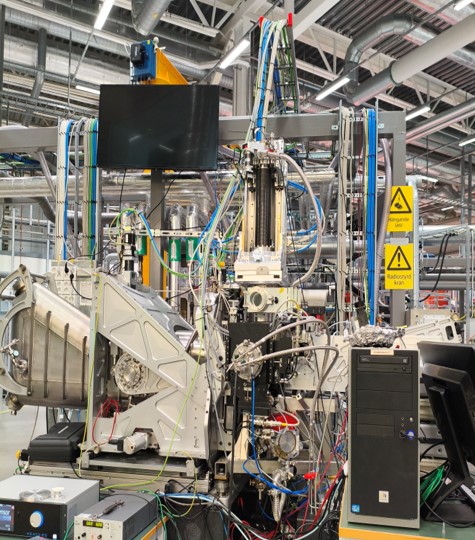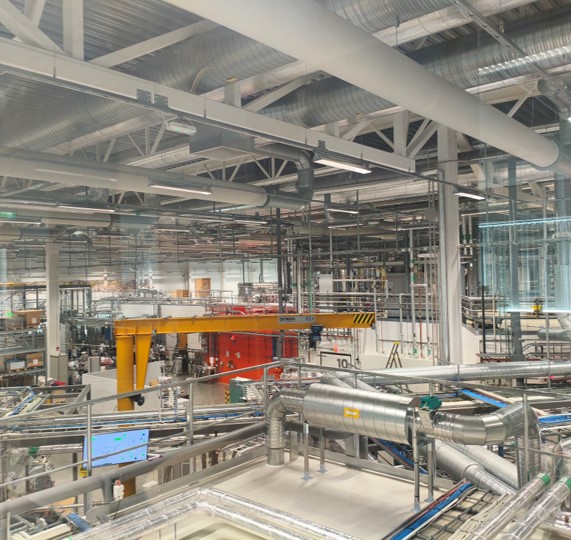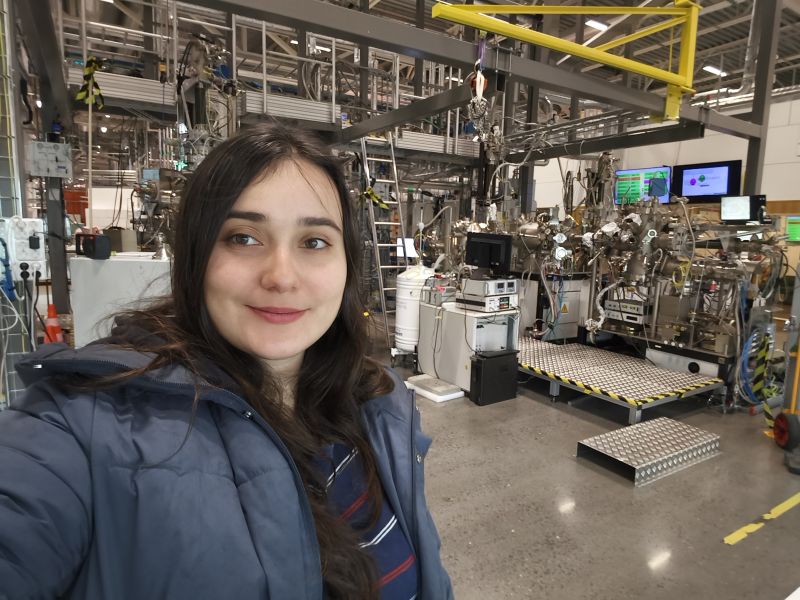In May 2025, Aliki Soufla, a PhD candidate in Physical Chemistry from Greece, participated in a one-week training visit at MAX IV Laboratory in Lund, Sweden, as part of the NEPHEWS ESR Programme.

During her stay from May 19–23, Aliki was hosted at the SPECIES beamline, where she gained first-hand experience in NEXAFS (Near-Edge X-ray Absorption Fine Structure) techniques. These methods, known for their chemical selectivity, allow researchers to determine oxidation states and local geometric environments of atoms in various materials.
The visit provided a comprehensive overview of the experimental process, from understanding the types of samples and measurement conditions to witnessing real-time troubleshooting and learning how spectra are collected. By connecting her theoretical background with hands-on experience, Aliki deepened her understanding of synchrotron-based research.


In addition to her work on SPECIES, she explored other beamlines such as FlexPES, which supports a wide range of sample types (gases, liquids, solids) and techniques like ARPES, Coincidence Spectroscopy, and XPS; and Bloch, which specializes in crystal samples and techniques including ARPES, STM, and XPS.
The visit also opened doors to wider professional development opportunities. Aliki had in-depth discussions with beamline scientists about experimental design and proposal writing, gained insights into the beamtime access process, and visited both the STM and Chemistry labs to better understand sample preparation and characterization workflows. She also connected with PhD students from the PRISMAS programme, enhancing her understanding of sample preparation and surface characterization.

Her reflections highlight the value of ESR mobility in providing early-stage researchers with both scientific training and strategic insight into large-scale research infrastructure.
“This ESR-funded training stay at MAX IV was an enriching and inspiring experience. It deepened my understanding of synchrotron techniques and experimental design, provided hands-on exposure to advanced instrumentation, and strengthened my ability to apply for and carry out beamtime experiments. I am grateful for the opportunity and look forward to future collaborations within this vibrant scientific community,” shared Aliki.
Learn more about the ESR programme and upcoming opportunities at: https://beamtime.eu/programmes-support/esrs